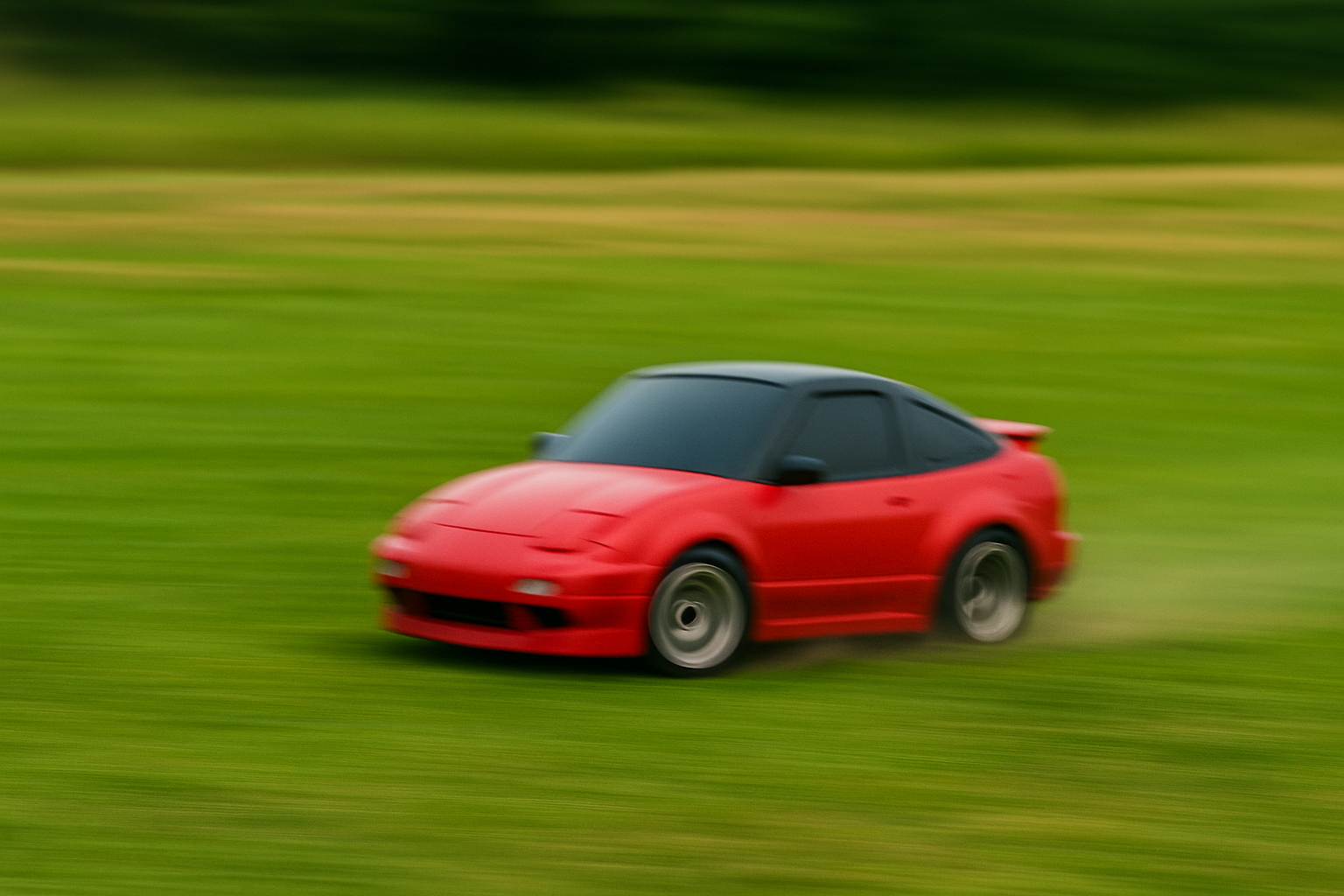Can You Drift a Go Kart on Grass? Let’s Find Out

Ask around online and you’ll hear the same answer: “You can’t drift on grass.”
That’s mostly true — unless you’re driving a DriftKart D1.
Where most karts spin or stick, DriftKart D1 glides. It’s not magic, it’s engineering. Let’s break down what makes drifting on grass possible, and how you can do it without destroying tires or grip.
🚫 Why Most Drift Karts Fail on Grass
Traditional drift karts are designed for:
- Caster-wheel friction loss
- Smooth pavement only
- Controlled spins through burnout or rings
Take that setup to a grassy field and you get:
- No grip loss = no drift
- Caster wheels catching or binding
- Zero control over steering angle
Basically, they just don’t work.
✅ Why DriftKart D1 Succeeds
DriftKart D1 is built to initiate slides without relying on surface friction. That’s the secret.
It drifts on grass because it has:
- Smart torque delivery to power the rear out
- 4-wheel steering that holds angle even on uneven ground
- Compact size that stays light and balanced
- Zero need for drift rings or tire smoke
The result? Real transitions, clean slides, and full control — even on natural terrain.
🌱 How to Drift on Grass Safely
To get started:
- Choose short, dry grass (avoid mud or tall growth)
- Run at moderate speeds with steering-focused entries
- Use gentle throttle to initiate the slide
- Countersteer naturally like you would on pavement
You’ll want to start slow and build confidence — the D1 helps by correcting rear slip in real time.
🧠 Why It’s More Than a Gimmick
Drifting on different surfaces improves:
- Reflexes
- Steering sensitivity
- Throttle control
- Adaptability to changing grip levels
It’s not just about fun — it’s about learning to drift anywhere.
🎄 Ready to Slide Where Others Can’t?
DriftKart D1 is the only electric drift kart that trains you off pavement as well as on. If you’ve got space, you’ve got a drift zone.
→ Get on the list now at DriftKart.co